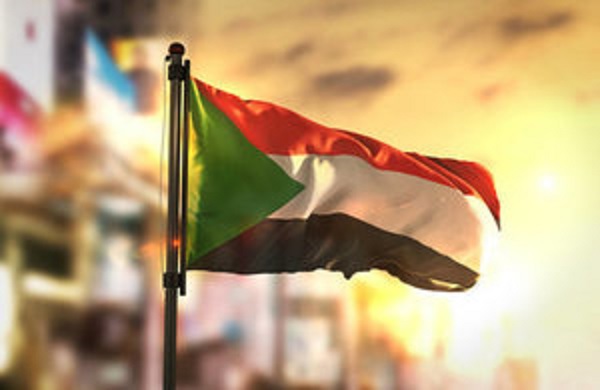The UK, US and Norway have issued a joint statement on the situation in Sudan.
On April 11, the brave people of Sudan through their determined and principled call for change removed a President who had headed a brutal regime for 30 years. A new Transitional Military Council was formed on April 13, after the people decisively rejected the initial military leadership who had a close association with the former regime.
The new leader of the Transitional Military Council has pledged to turn over power to a civilian government. However, at this point, the constitution is suspended and parliament dissolved. To date, the legitimate change that the Sudanese people are demanding has not been achieved. It is vital that that the authorities listen to the calls from the Sudanese people. Most pressingly, the continuing peaceful protests must not be met with violence from any quarter. Sudan needs an orderly transition to civilian rule leading to elections in a reasonable time frame.
It is time for the Transitional Military Council and all other parties to enter into an inclusive dialogue to effect a transition to civilian rule. This must be done credibly and swiftly, with protest leaders, political opposition, civil society organizations, and all relevant elements of society, including women, who are willing to participate. We also call on the Transitional Military Council to meet the needs of all people of Sudan by ensuring humanitarian access to all areas of Sudan.
Sudan needs a political system that is inclusive, respectful of human rights and the rule of law, and supported by a sound constitutional basis. We call on the Transitional Military Council to take the steps necessary to build confidence with the people by adhering to its pledge to release all political prisoners. We condemn any acts of violence by legacy forces of the former regime, such as the Popular Defense Forces, the Popular Police Forces, and other militias. We urge Sudan’s new leadership to take the steps necessary to build domestic and international support to help resolve Sudan’s many pressing challenges.









